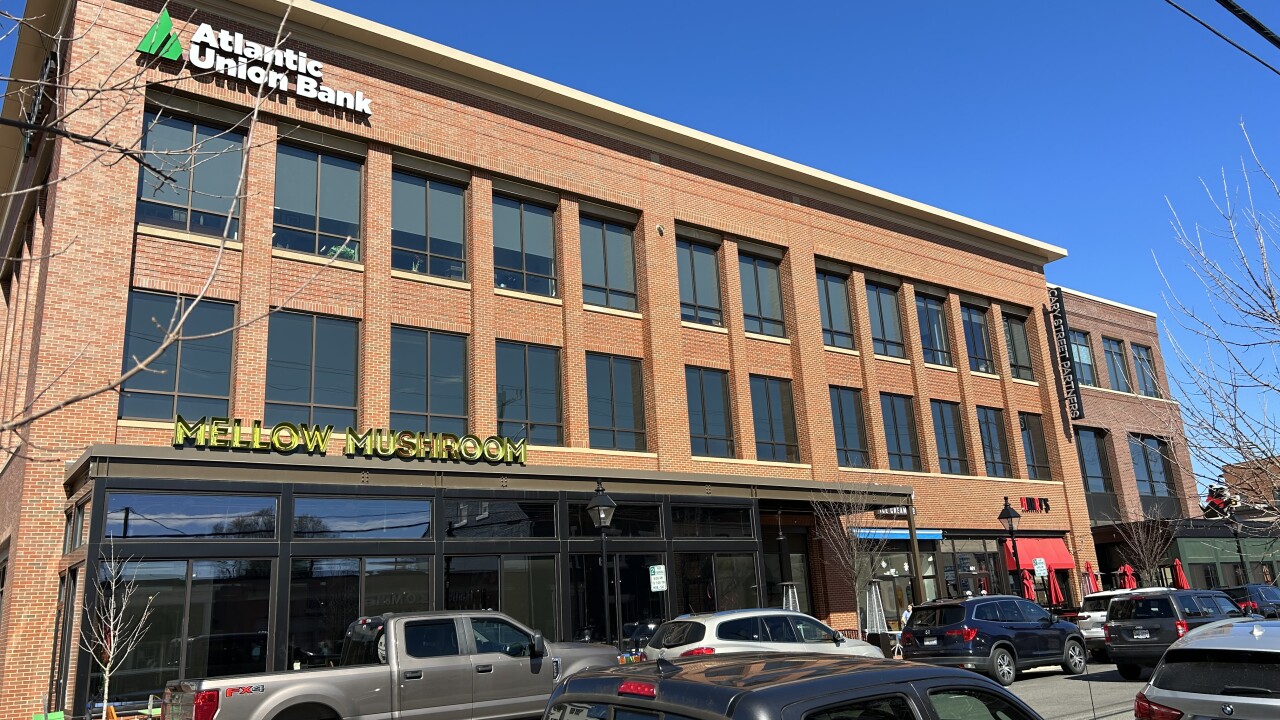Square has worked hard in the past several years to offer more than just mobile card acceptance, but not all of its efforts have paid off.
The company has launched and retired several mobile wallet apps in its early years, and more recently has been acquiring food delivery companies such as
But the departure of one business provides an opportunity to shore up another.
Square has agreed to sell its Caviar food delivery app to DoorDash for $410 million in part to free up resources to invest in Square Cash, a bright spot in an otherwise

Much like
In the three years since the product's launch, Cash App revenue grew to $135 million, excluding bitcoin, said Jack Dorsey, CEO of Square and Twitter, during Square's earnings call. In June, 3.5 million customers used the Cash Card, typically to purchase multiple times per week, he said.
"Our seller and Cash App ecosystems have incredible roadmaps ahead to deliver on our purpose of economic empowerment," Dorsey said. "These moves will enable us to move faster and much better."
Dorsey is relying on that fast growth and usage of Cash to spill over into its merchant-focused businesses as the mPOS market becomes commoditized.
Square's seller side include payments, Register, Capital, Appointments and services for restaurants and retail. Square's services that are more consumer-oriented include P2P, Cash card, bitcoin exchange, and instant deposit.
"We have seen some crossover between these two ecosystems, and we do think that there's a lot of power in connecting them," Dorsey said, adding Square has been paying some of its payroll customers through the Cash App, which is beneficial to both the seller and the Cash App ecosystem.
And Square is also paying Caviar couriers through the Cash App, which Dorsey said can benefit Cavier and the DoorDash ecosystem once the deal closes.
"Cash App has pretty amazing network effects right now and we benefit a lot from them," Dorsey said. "So a lot of our focus, as we think about these two ecosystems between seller and Cash, is going to be on go-to-market and seller."
Square will continue to sell services to restaurants through its Orders API and Square for Restaurants, Dorsey said, adding there's a pre-existing DoorDash collaboration that uses Square's Orders API and the Cash App.
DoorDash is also under pressure, and can gain scale and merchant access as it faces increased competition from Postmates, which in July dramatically expanded its merchant reach by adding
The DoorDash-Caviar deal shows how important scale and market share are in the fiercely competitive restaurant delivery business, said Ray Pucci, director of merchant services at Mercator.
"Scale is necessary because this is a labor-intensive business," Pucci said. "So DoorDash gets more restaurant ordering capacity right away to better utilize its delivery network fulfillment. Then it gets an instant market share boosts when going up against GrubHub and UberEats."
DoorDash did not return requests for comment. Square's earlier efforts to sell Caviar to Uber or GrubHub reportedly fell apart because the companies could not agree on a price. On Thursday, Dorsey said DoorDash was an "obvious choice" given the two companies' collaboration.
Much like Venmo is still not profitable for PayPal, Square's Cash and Cash Card's actual financial performance is uncertain despite its usage growth.
During Thursday's earnings call, Square CFO Amrita Ahuja said Square is seeing "really strong metrics around usage and engagement" with multiple transactions in a given week for everyday purchases. "So this is a really great proof point for us around customer engagement and driving retention and opportunities for cross-sell," Ahuja said, adding there are a "half a dozen" revenue streams for the Cash App.
"This is an important strategic move for Square in that it raises a sizable amount of cash and can focus on other parts of its business," Pucci said. "Remember that Twitter and Square share the same CEO so this deal helps to somewhat simplify the overall management of Square."





